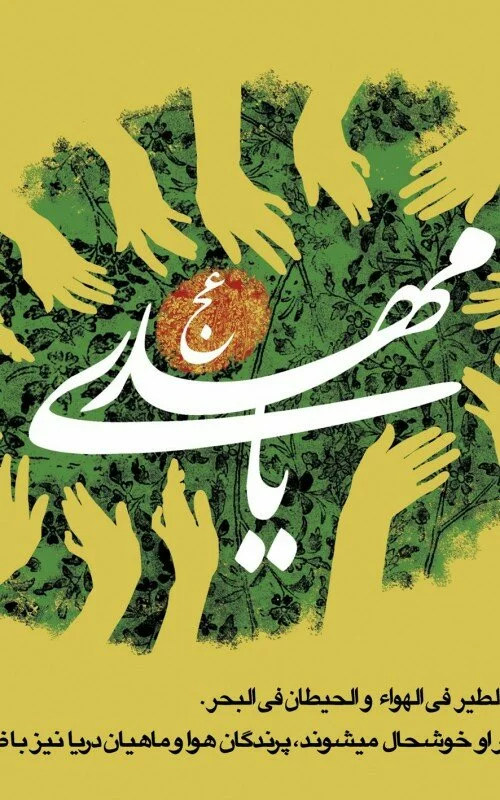Alhamdulillah I am a mother, and alhamdulillah I am muslim.
I just watched a story on CNN about Abbie Dorn. Abbie and her husband couldnt get pregnant so they tried invitro fertilization. She became pregnant and later gave birth to triplets, two sons and a daughter mashaAllah. Due to post delivery hemorraging, she bled out, her heart stopped, and became severly brain damaged. Did her husband stay with her and take care of her? No. He moved across the country, literally. The kids didnt see their mother for three years and only now a judge granted her visitation rights… five days in the summer and one monthly online visit using skype.
Alhamdulillah I am muslim. Women in general in Islam have so many rights mashaAllah. Mothers are by all means, NO exception. I have never heard of this situation ever happening subhanAllah. Mothers have a right to their children, as well as having rights over them. Wives have rights over their husbands and husbands have certain rights over their wives. I must also add at this point, that this is a good time to speak about plural marriage. That is, a husbands right to more than one wife (up to four, if he can provide for them equally). In this case, his sick wife could not have a normal relationship with her husband, therefore, by marrying a second wife, he could avoid divorcing the first, keeping the family intact, and providing necessities of life and care which she would not normally need, all the while having a healthy relationship with the second wife inshaAllah.
Allah make it easy for all of us, ameen.
Source: an honoured muslim woman

